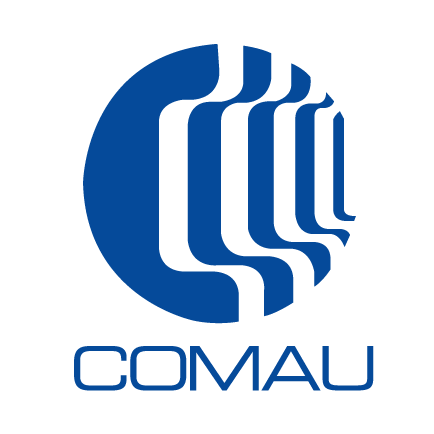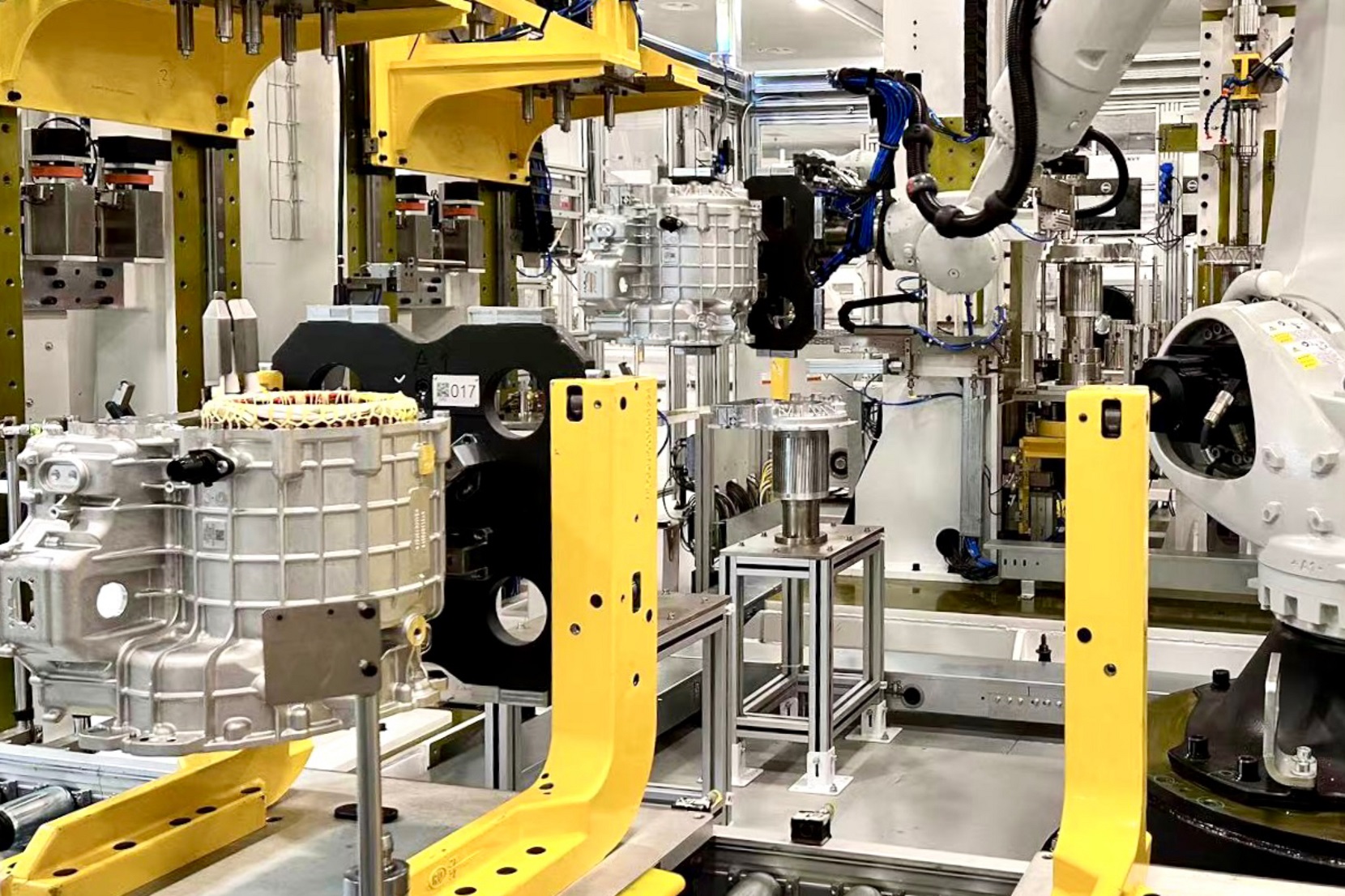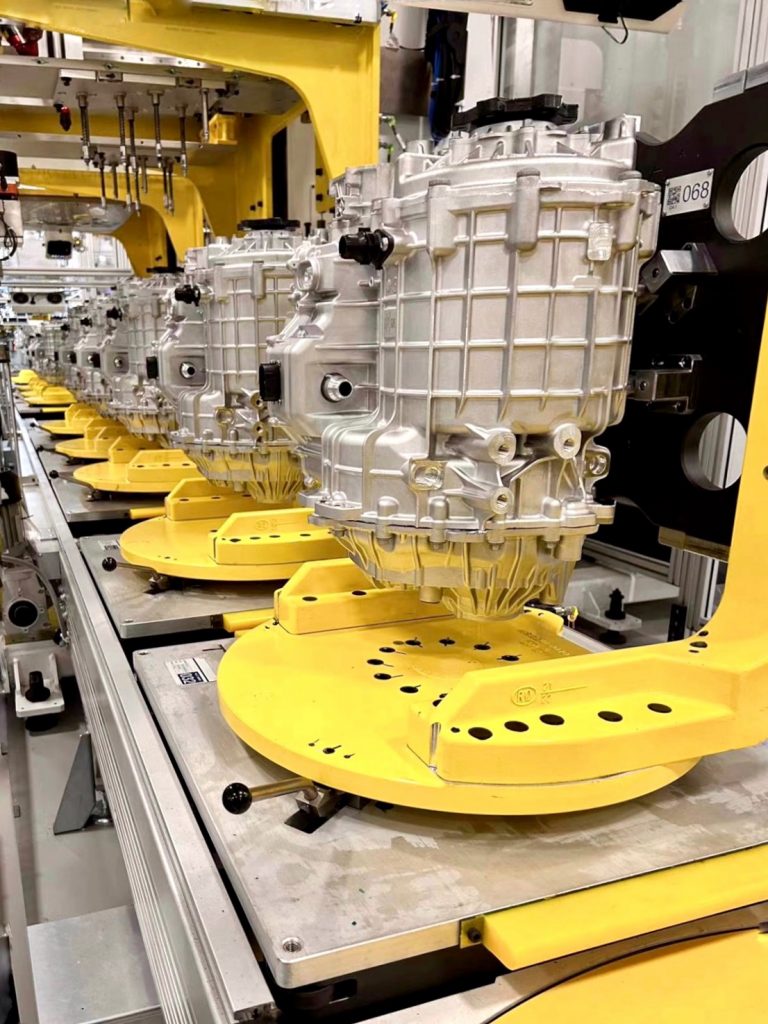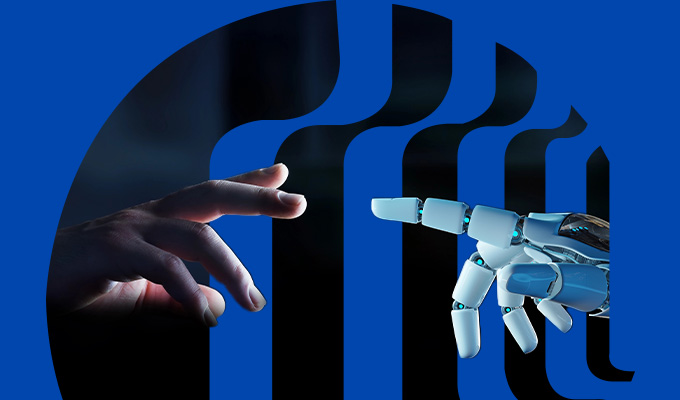Fast and reliable co-line production for NIO’s third-generation induction and permanent magnet motors
In the first half of 2023, the production and sales volume of new energy vehicles in China increased significantly. So did the demand for electric drive systems given they are one of the core components of new energy vehicles. Amid these important developments, NIO, a leading player in the electric vehicle field, has made considerable strides in the market positioning and technological development of its electric drive system (EDS).
Headquartered in Shanghai, the Chinese multinational automobile manufacturer began developing its proprietary electric drive systems in 2015 and is now manufacturing them on a large scale. Through continuous research and innovation, NIO has extended the reach of its EDS drive system in both domestic and international markets. More importantly, the company has earned a strong reputation for its competitive advantages in performance, reliability and advancement.
“When it comes to implementing cutting-edge technological solutions, experience and know-how play a decisive role in success. We have been deeply impressed by Comau’s extensive expertise in electric drive systems throughout our partnership. The innovative solution has reliably supported the project, helping us overcome various challenges and achieve our desired results. Our collaboration follows a simultaneous engineering approach, which promotes close cooperation between both parties and drives project progress efficiently. This approach not only ensures progress and cost control but also guarantees the quality, performance and reliability of the final product.”
Alan Zeng, Senior Vice President of NIO and CEO of XPT
The Challenge
Given the rapidly evolving market demands, NIO needed to modify its production lines to accommodate various process parameters for new and future products. The enhanced production lines would have to have a high degree of flexibility and scalability, and be able to quickly adapt to the co-line assembly requirements of its different products.
In tandem, NIO set very specific expectations in terms of enhanced productivity and quality goals, which would require Comau to integrate new automation technology such as advanced robotics, automated assembly machines and vision systems. However, this also presented various equipment integration, programming, and commissioning challenges.
The industry’s push toward stricter requirements for the quality and assembly of core EDS components was another challenge Comau needed to meet. These requirements are a direct response to the growing industry trend towards greater integration, standardization, and modularity for electric drive systems. And subsequent aim of enhanced efficiency, reduced costs, and improved vehicle performance.
Finally, Comau’s solution would need to fully support NIO’s innovation strategy, part of which is based on optimizing torque performance and enhancing the driving experience at high speeds with its next-generation proprietary motor’s drive shaft gearing. This, in turn, necessitates better noise control.
The Solution
Comau deployed three EDS production lines, including e-motor assembly lines, gearbox and inverter assembly lines, and EOL (End of Line) testing, to meet the manufacturing needs of NIO’s next-generation electric drive systems. The advanced turnkey solution also incorporates various automated techniques, such as 3D vision-guided robots, AGVs for autonomous material supply, and automatic tool-end loading.
These combined measures have created a highly automated manufacturing environment and have significantly enhanced the customer’s production efficiency. Furthermore, the widespread use of quadnocular stereovision 3D cameras has allowed Comau to successfully overcome the limitations of vision guidance technology in terms of field of view and gripping range, granting automatic part positioning and assembly in addition to excellent repeatability.
To further increase production line flexibility and enable co-line production of the two electric drive systems, Comau has collaborated with NIO’s e-drive team to jointly develop and design a shell positioner adapter, known as Zero-Pin. This customized adapter unifies design, process, and control standards while supporting different assembly requirements – including locking force, position deviation, repeatability and more. It also ensures maximum flexibility for future NIO electric vehicles. In addition, the new positioning method effectively reduces changeover time and increases production efficiency.
When optimizing electric drive performance and product quality, Comau places a strong emphasis on enhancing product performance by implementing innovative processes during the assembly phase. For instance, in gear assembly, the collision force of gear meshing is strictly controlled by using prism holography technology in conjunction with a six-axis force control and deviation-correcting system. This effectively prevents any damage to the surface of the gears. Additionally, when assembling the gearbox, the team adopted a fully automated gear dynamic simulation for measuring shim levels which is equipped with a double-check function to minimize height deviation of the gears after motor mounting. This ensures accurate control of gear mounting height and position, resulting in reduced gear noise and optimal NVH performance for the customer’s products.
Finally, to ensure design reliability and shorten the on-site commissioning, Comau performed offline simulations at every stage of the design process. Plant-level simulations were used to determine the best timing for replenishment, the direction of material flow, and the necessary workforce for distributing materials along the production line. In tandem, line-level simulation was employed to ensure that the production schedule of the line, equipment utilization, buffer zone coverage, and rework logic were all guaranteed. Lastly, equipment-level simulation was used to optimize equipment cycle times, motion trajectories, and predict equipment interference. Such comprehensive consideration and planning at different levels has allowed Comau to ensure optimal operation and seamless coordination across the entire line.
The Results
The successful implementation of Comau’s solution ensures fast and reliable co-line production for NIO’s third-generation induction and permanent magnet motors – both of which are integral to electric drive products. With a design philosophy prioritizing flexibility, modularity, and digitalization, Comau also delivers remarkable production efficiency and consistent quality assurance.
The three production lines have been designed to collectively achieve an annual electric drive systems capacity of 1 million units, and are scheduled to begin mass production in the coming months. More specifically, the first two lines will commence mass production before the end of the year, while the third is expected to be fully operational by October, 2024. Once produced, the NIO electric drive systems will be used to power NIO’s electric sedans, coupes and SUVs, and select models of its sub-brand ALPS.
million
units total annual production capacity
>
0%
average automation rate
s
per cycle for each production line



